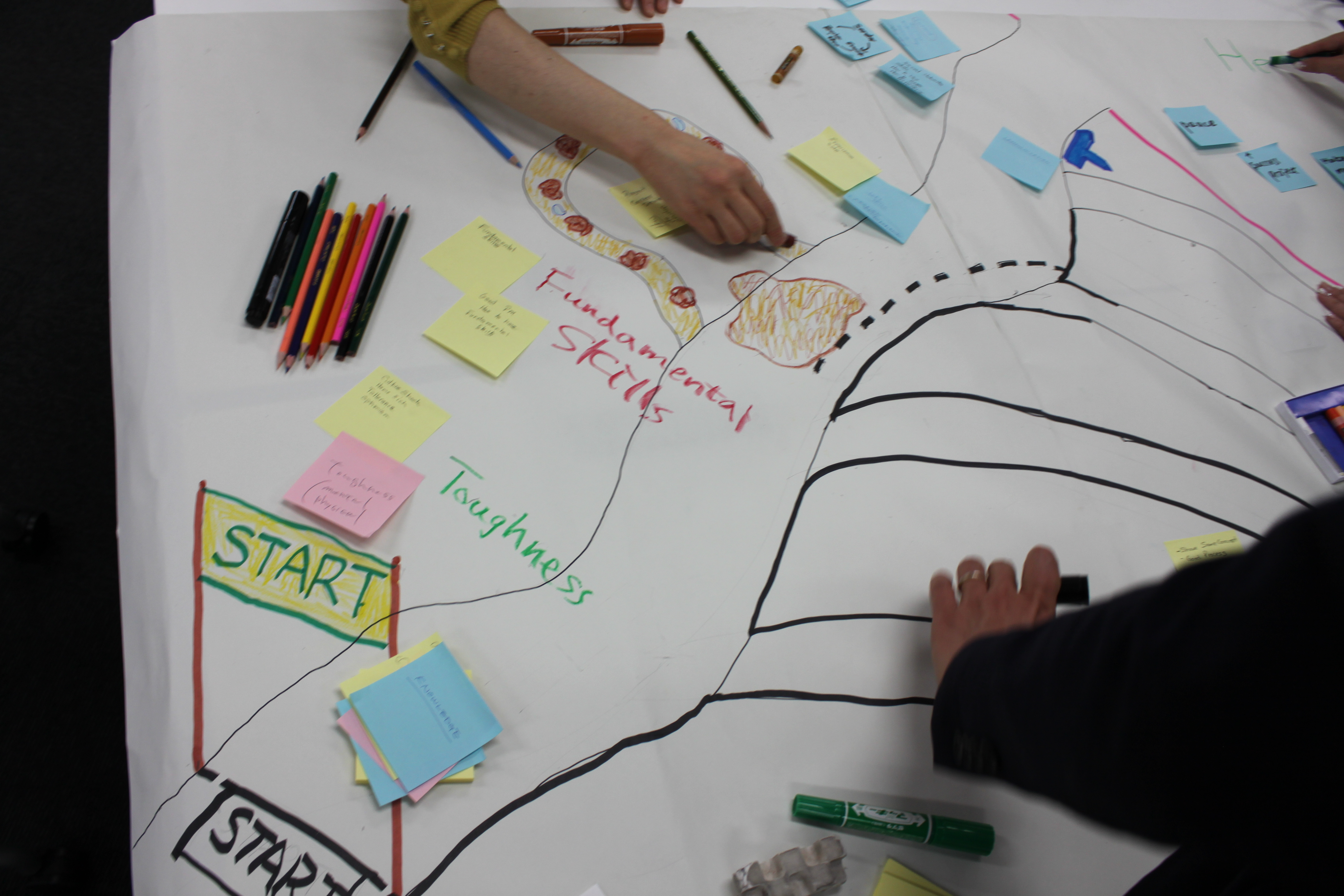This post is an excerpt from our recent guide, Agile, DevOps & More: How to Succeed at Government Project Management. To download the guide for free, head here.
To get a sense of project management in government today, GovLoop surveyed 374 public-sector professionals. We asked them about their challenges, best practices and No. 1 tips for good project management, among other things.
We got some fantastic — and interesting — results. Twenty-two percent of respondents identified themselves as project managers. But even more remarkably, a whopping 35 percent said they “have to act as a project manager, even though it’s not in my title.” This reveals a trend we’re seeing more and more across government: Project management is becoming everyone’s job. That’s why it’s ever more important to learn how to do it right.
And doing it right means first addressing what’s wrong. According to our survey, the top challenge to good project management was something that most of us have struggled with at some point in our lives: effective communication. Forty-two percent of respondents said poor communication was the biggest challenge they faced in getting a project done.
“Communicate, communicate, communicate,” one survey respondent wrote. “In fact, over-communicate.”
Other challenges? About 37 percent of respondents cited insufficient resources, insufficient budget and lack of management support as major challenges; bad estimates and imprecise goals were also significant obstacles.
“There are too many stakeholders without a clear decision structure,” noted one respondent. “Too much rigidity and waterfall project management structure are a big issue,” wrote another.
Inflexibility in terms of project management was a common complaint of survey respondents, so it’s no surprise that more flexible, inclusive and communicative approaches to project management are becoming more popular in government.
We also asked our GovLoop project management survey respondents for their best advice about project management so we could pass it on to you.
- “Build in at least 15% inefficiency in time and cost to all planning.”
- “Nimble feet. Be prepared to change direction at any given time. To fail is to succeed. Failures are the greatest learning opportunity a PM can have, so take from it the lessons you need and apply it to future projects. Team work. No project is completed ahead of schedule and under budget solely because of a ‘rock star’ PM. It’s the PM utilizing his or her team to the best of their abilities.”
- “Communicate more than you may think is necessary, using multiple media.”
- “Have customer collaboration throughout the project — not just during requirements gathering.”
- “Spend twice as much time ahead of time planning and explaining goals to team members. Make sure everyone is completely clear on what needs to be accomplished and why they’re involved.”
- “Let the left hand know what the right hand is doing. Share information. Lower your egos.”
- “Host a weekly update meetings with every team member, vendor, contractor, etc.”
- “Know when to be flexible and over-communicate.”
- “A project manager should never be at their own desk; true project management is constantly making sure your resources are working as effectively as possible.”
- “Project management is people management — especially in government when it can be hard to get things done and see results, your team needs to feel appreciated and empowered to keep doing the best day in and day out.”
- “Stakeholders cannot be fence sitters, so get them to move along with the project or get out of the way.”
- “Hold two pre-project meetings with all who might be involved. At the first one I go around the table and ask each specialty what could, will or may go wrong along the way. Then I give the assignment to consider these concerns and options and report back one week later for the next meeting. The goal of the second meeting is to develop project processes that will anticipate the concerns and develop options and pathways to work through them and towards project efficiency, economy and success.”





Very valuable deternminations, thank you for your sharing. Could you please also share the survey date ?
Hi there! This survey was conducted of March 2015.